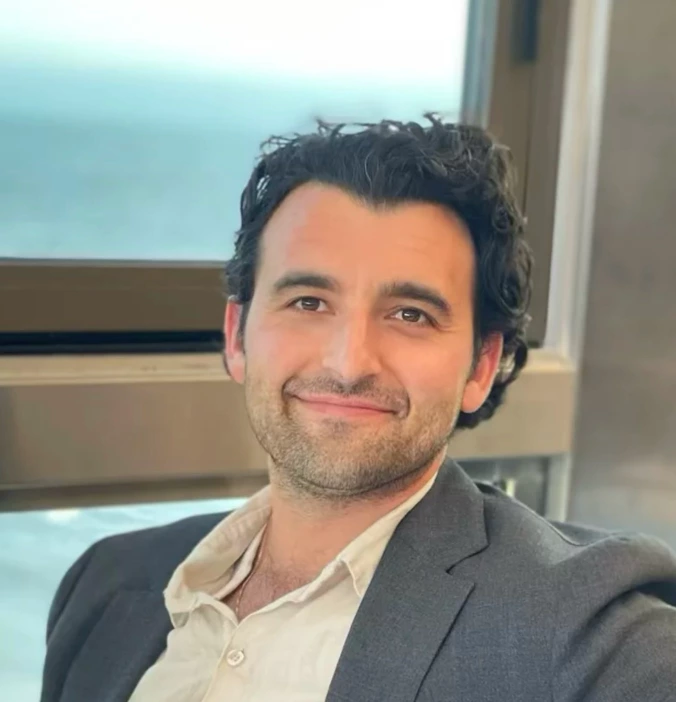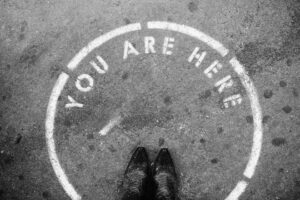Most people think of resilience as a psychological skill that leads to other outcomes such as accomplishment, growth, and well-being. However, George Bonanno, a professor of clinical psychology and a renowned researcher on resilience, thinks and talks about resilience as an outcome of other psychological skills–one of those skills being psychological flexibility.
Steven Kotler’s The Art of Impossible also details the psychological and physiological experience of being in flow as the outcome of motivation+learning+ creativity.
Similarly, I believe adaptability, like resilience and flow, is less of a process, in and of itself, and more so the result of a hierarchy of other psychological skills working in succession and conjunction with one another. These skills are conceptual linguistic distinctions, choice, and flexibility.
Carol Dweck’s construct of growth vs. fixed mindsets is an example of a DISTINCTION. When one is aware of this distinction of belief, thought, feeling, and behavior, one is more capable to CHOOSE how one wants to FLEXIBLY approach challenges, setbacks, feedback, and exerting effort. It is this process by which one becomes more adaptable. Adaptability is flexibility in context, i.e., utilizing the right mindset and behavioral tools at the right time for the right reason.
DISTINCTIONS :
Conscious linguistic distinctions create different lenses through which to question our colloquial/underlying assumptions and world views. For example, “hard work vs. hard to do work,” “growth mindset vs. fixed mindset,” “exertion vs. effort,” and “bouncing forward vs. bouncing back.” When we can see additional perspectives, we are empowered with choice, and choice gives us the flexibility to be adaptable. It is imperative to understand that distinctions are NOT judgmental (i.e., asserting that one is good and the other is bad), and they are not meant to be definitive replacements (i.e., from now on, you are to only think, say, feel, or behave in this way). Distinctions increase your awareness of how our words create stories, which influence our realities. With this awareness of how our underlying assumptions, mindsets, and vocabulary may be reinforcing a sense of reality that does not support how we wish to show up in the world and express ourselves, we can CHOOSE to own different experiences, which will create different outcomes.
CHOICE:
When we are choosing between alternatives, we are training the mind to expand the amount of constructs we have for predicting and filtering our internal and external experiences. When we have more constructs, we have more degrees of freedom and mental flexibility with which to exercise greater agency over our lives. When we can see more than one way to think, feel, and behave, we can choose. On the contrary, when we know of only one way, we have no choice. We can be imprisoned by our defaults, limits of understanding, and stubbornness. Stubbornness is often thought of as being defiant and uncooperative; however, stubbornness can also just be a byproduct of ignorance. We might behave stubbornly because we are clinging to what we believe to be the most assured course of action. This is why psychological flexibility is so essential. It frees us from having to be right, and when we can embrace the opposite of our story as being as true or truer than our original story and interpretation of facts, we are capable of learning and leading more adaptably.
FLEXIBILITY:
With increased flexibility, we can be more resilient. Resiliency is made up our perceived locus of control and level of commitment. If we lack flexibility because of an absence of distinctions and a subsequent inability to consciously choose mindsets and behaviors, we are less cable of taking control in a multitude of ways that help to advance our commitments. Sometimes “bouncing back” may be more appropriate for you (than “bouncing forward”) and what you are dealing with; however, I’d rather you make that choice not because it is the only choice but because you choose that lens knowing you have another lens as an option to also make meaning out of your experience and what you can do with it.
ADAPTABILITY:
Adaptability is flexibility in context. It is making a choice at the right time for the right reasons. As a leader, which of the 4 C’s should you prioritize
–Communicating a compelling vision of a future state does not yet exist?
–Connecting emotionally with others to enroll them in the vision of possibility?
–Committing to process and protocols that align with the vision?
or
–Challenging the quality of the work in order to evaluate and refine the product or service?
It depends… What is the situation, intended outcome, and the interplay between the two? Using flexibility to be adaptable is how we learn and lead more effectively and efficiently.




